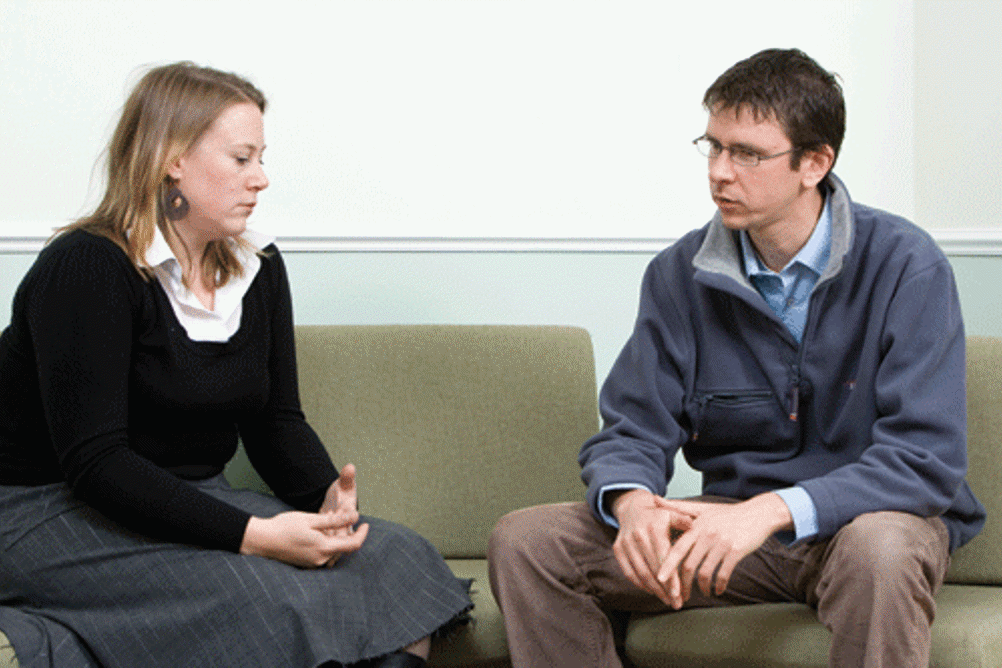
A survey by the Early Intervention Foundation (EIF) found that the overwhelming majority of respondents agreed that inter-parental relationships impact on children’s mental health and behaviour.
A total 92 per cent of 140 local authority officials, medical professionals, social workers, family therapists and teachers who responded to the survey view the quality of the inter-parental relationship as "very important" to children’s outcomes.
Meanwhile, 86 per cent said supporting inter-parental relationships should be a "high priority". However, only 21 per cent said they see it being treated as such in their local area.
The survey findings coincide with a separate report published by the EIF, What Works To Enhance Inter-Parental Relationships and Improve Outcomes for Children, which states that the quality of a relationship between two parents is increasingly recognised as an influence on a child's mental health and life chances.
Carey Oppenheim, chief executive of the EIF, said that the findings show that improving the relationships between parents is still "low down on the priority list of children’s, maternity and family services in too many local areas".
“These results highlight the need for local authorities and all those who work with children and families to place greater emphasis on supporting inter-parental relationships," she said.
"The relationship between parents – whatever the circumstances of those relationships – has a crucial bearing on children’s outcomes, and early intervention needs to be higher up the national agenda," she said.
The findings coincide with the EIF's national conference yesterday, where Stephen Crabb, the recently appointed Secretary of State for Work and Pensions, emphasised his plans to improve social mobility, and the life chances of children.
"We should be living in a golden age of social mobility but for far too many that's not the case," Crabb said.
"Far too many people have their life chances determined before they've even had the chance to explore all that life has to offer. We need to do much more. During my time at the Department for Work and Pensions, two things will go hand in hand: reforming welfare and relentless focus on improving life chances.
"That means an early intervention strategy that uses the entire machinery of government that will break down some of these barriers to opportunity."
Register Now to Continue Reading
Thank you for visiting Children & Young People Now and making use of our archive of more than 60,000 expert features, topics hubs, case studies and policy updates. Why not register today and enjoy the following great benefits:
What's Included
-
Free access to 4 subscriber-only articles per month
-
Email newsletter providing advice and guidance across the sector
Already have an account? Sign in here

